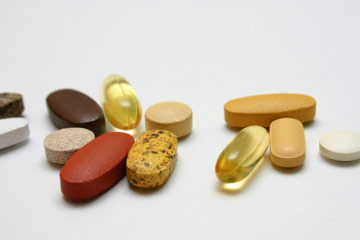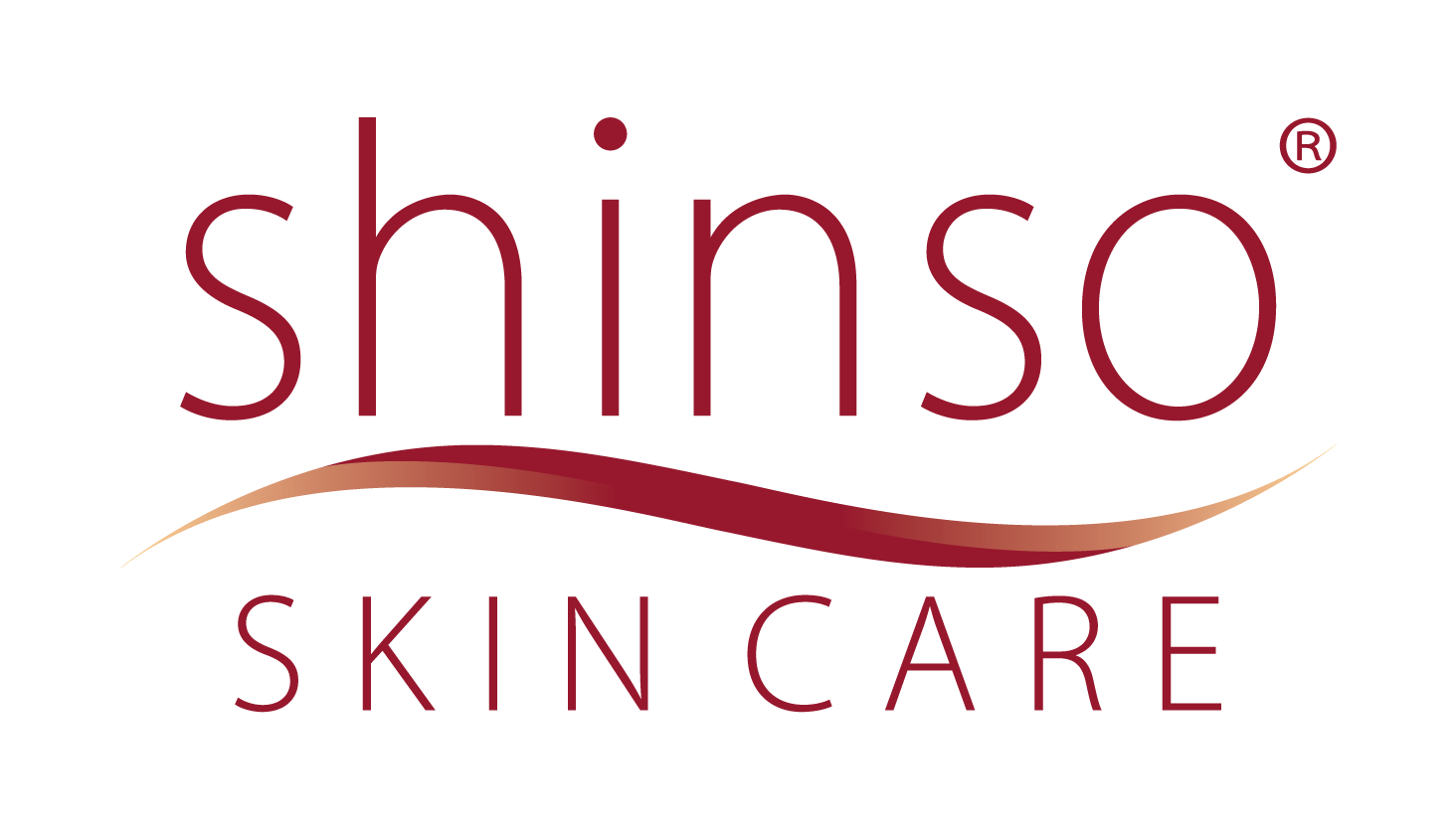What Vitamins Are the Best for Your Skin?
02 Mars 2015

Vitamins are important to your overall health, from your body to your skin. Whether you choose to ingest them orally or apply them topically, vitamins can help treat various skin problems and conditions. Find out which vitamin helps fight which skin issues below.
- Vitamin A– This vitamin works wonders for wrinkles, and is best for those who want to get younger-looking skin. It works to reduce wrinkles, fade brown spots, and smooth roughness. “
- Vitamin B3– This vitamin works to increase the production of ceramides and fatty acids, which work to protect your skin’s outer protective barrier. B3 is a great ingredient if your complexion is dry or sensitive- even for those with rosacea.
- Vitamin C- Vitamin C has a variety of benefits and uses, but the most popular is for brightening skin and reducing uneven skin tone. It works to reduce the free radicals that trigger wrinkling, sagging, and other aging changes. It also helps smooth and firm skin in addition to fading brown spots. Taking vitamin C can enhance the effectiveness of sunscreens applied to your skin for protection from the sun’s harmful UV rays. It does this by decreasing cell damage and helping the healing process of bodily wounds.
- Vitamin E– If you have chronic or just occasion dry skin, Vitamin E can work wonders. It helps skin retain its natural moisturizers and can be used to help reduce the damage from UV exposure. Vitamin E also helps in the treatment of skin inflammation.
- Vitamin K– Dark circles stand no chance when you use products with Vitamin K in them. This vitamin works to control blood clotting. It penetrates the skin and knocks out darkness in the skin. Vitamin K is essential in aiding the body’s process of blood clotting, which helps the body heal the areas bruised during surgery. Topical creams with vitamin K can also help treat unsightly skin irritations, such as spider veins, stretch marks and scars.
- Vitamin D– If you suffer from psoriasis, Vitamin D can help treat it by reducing the inflammation and irritation naturally.
 Le miracle de la science
Le miracle de la science  France
France UK
UK Italy
Italy Mexico
Mexico




